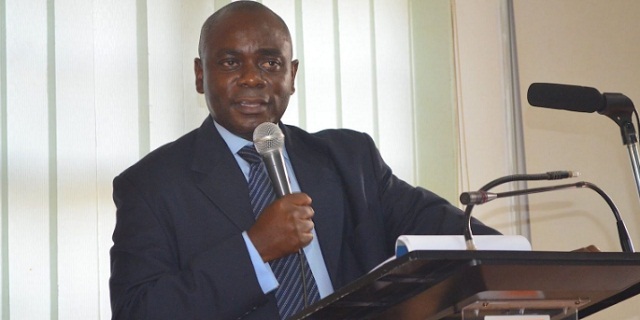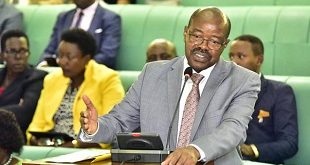
Cooperative banks worldwide were financed by cooperatives societies
Kampala, Uganda | ISAAC KHISA | For some time now, Uganda’s cooperatives societies have expressed the need to re-establish the Cooperative Bank as their main source of capital for production, processing, diversification and value addition.
Whereas they seem to have made a resolution to start the process of re-establishing the bank that collapsed nearly two decades ago to serve the interest of their members, the question that lingers among stakeholders is how the proposed lender will be financed.
Ivan Asiimwe, the Secretary General of the Uganda Cooperative Alliance Ltd, said during the one –day national dialogue to members of cooperative societies and other stakeholders at Grand Imperial Hotel that they are looking at four financing options to re-establish the bank.
These include; purchase of shares by cooperatives, a joint venture between cooperatives and a strategic investor, a joint venture between government and strategic investor, with the government offloading shares to cooperatives directly at a later stage or government financing the proposed lender and gradually selling its shares to the public through the Initial Public Offerings on the stock market.
However, he was quick to point out that while the government can utilise some of the funds meant for the Uganda Development Bank (UDB) to capitalise the Cooperative Bank, a financial institution dependent on government might face high portfolio risk, sustainability issues and susceptible to unhelpful political influences.
“Of particular concern is high risk of default on loans and favouritism in recruitment of staff when government is involved,” he said.
He said it is time for the country’s cooperative societies to choose a financial model for the proposed commercial bank.
None of the senior government officials from the ministries of finance, trade and Bank of Uganda were present to respond to the proposed plan even when they were invited and time allocated to present their views.
According to Bank of Uganda (BoU), the core capital to start a commercial bank in the country stands at Shs25bn. This excludes costs with regard to setting up branches, technology and salaries.
The cooperative societies’ move to re-establish the Cooperative Bank is based on the fact that whereas the government initiated various interventions to extend financial services through Savings and Credit Cooperative Societies and the Micro Finance Support Centre following the closure of the lender in 1999, there still remains serious gaps in agricultural lending – insufficient funds, high interests rates and loan products not aligned to the peculiar needs.
The cooperative societies argue that the current credit arrangement by the country’s 24 commercial banks do not favour rural communities, farmers, most Small and Medium Enterprises due to high interest rates but also due to risks involved in the production and value chains of the different products.
As a consequence, the cooperatives and SME’s, say they have failed to reach their full potential due to limited access to financial services.
“We believe that the re-establishment of this bank will deepen financial services, improve financial inclusion, generate revenue for cooperatives, enhance savings and increase ownership of the economy by Ugandans hence helping society for economic transformation and relieve the economy,” he said.
Fred Muhumuza, a development economist and former advisor to the Minister of Finance, however, said the options of a government partnering with the strategic investor and the government financing the bank wholly and later offloading shares to the cooperative societies is impractical.
“This government has its own child and for years it has failed to capitalize it’” he said, in reference to Uganda Development Bank.
The government has in the past three consecutive budgets promised to inject huge capital into UDB but nothing has happened, and thus limiting its ability to extend long terms credit facilities to the population.
Muhumuza said the national budget is already overstrained and heavily constrained and that this makes it impossible for the government to take on more responsibilities that require capital.
He recommends that cooperative societies buy shares in the planned bank for ownership and membership as they seek for a strategic investor with the government as a guarantor to mobilise more capital.
“It is at this stage that we shall need government not to bring in money but provide guarantee to this new investor,” he said.
 The Independent Uganda: You get the Truth we Pay the Price
The Independent Uganda: You get the Truth we Pay the Price

